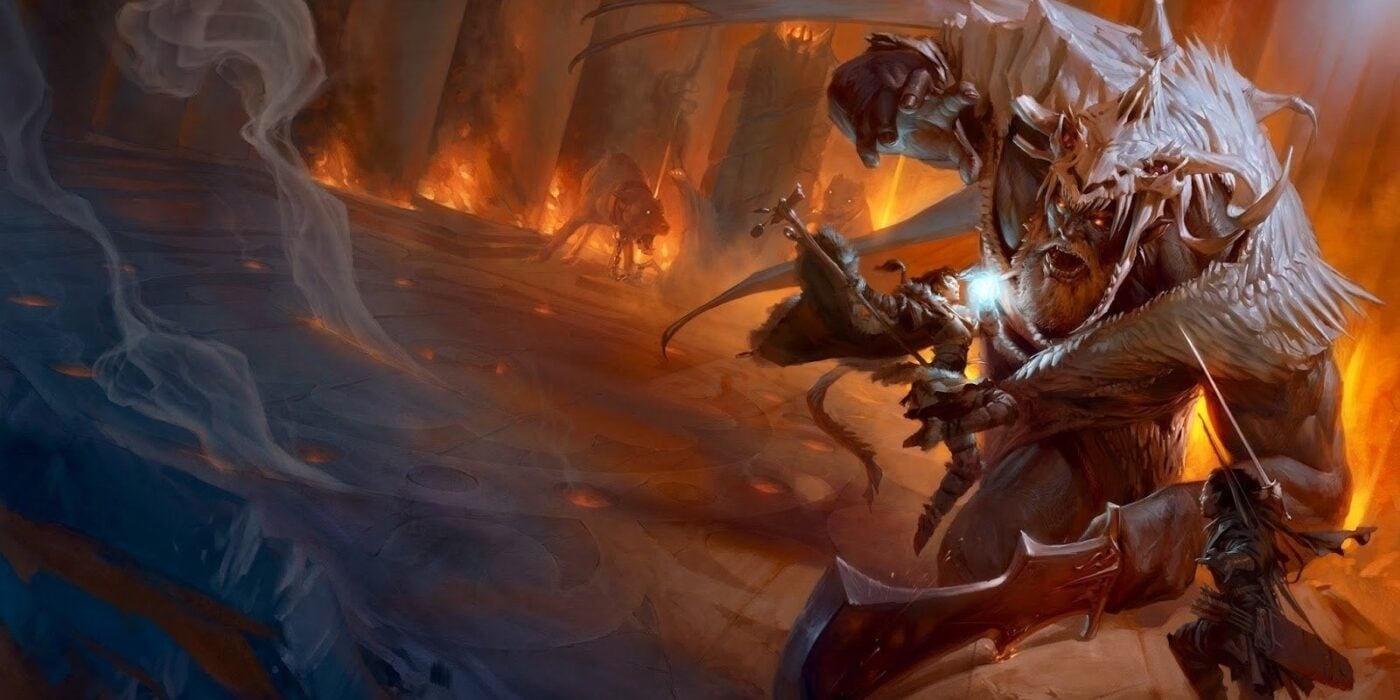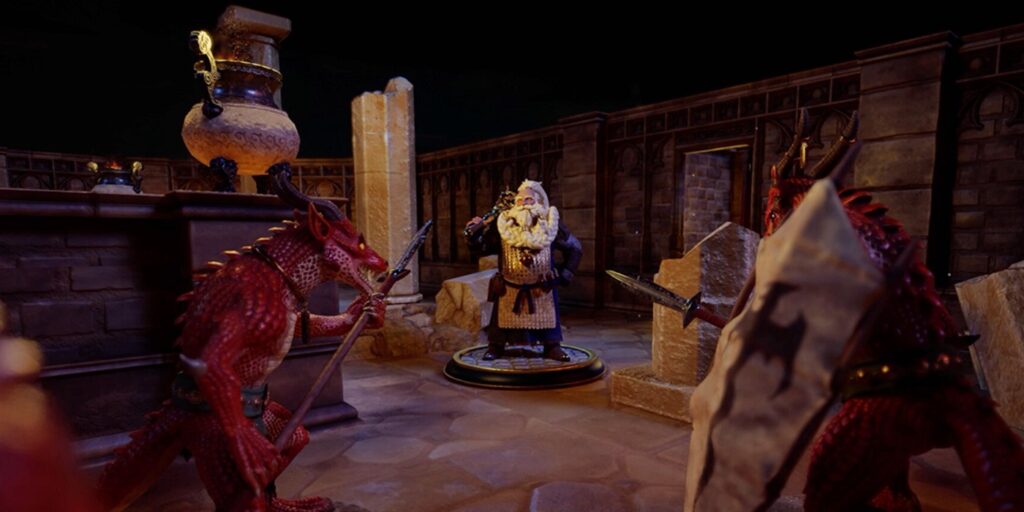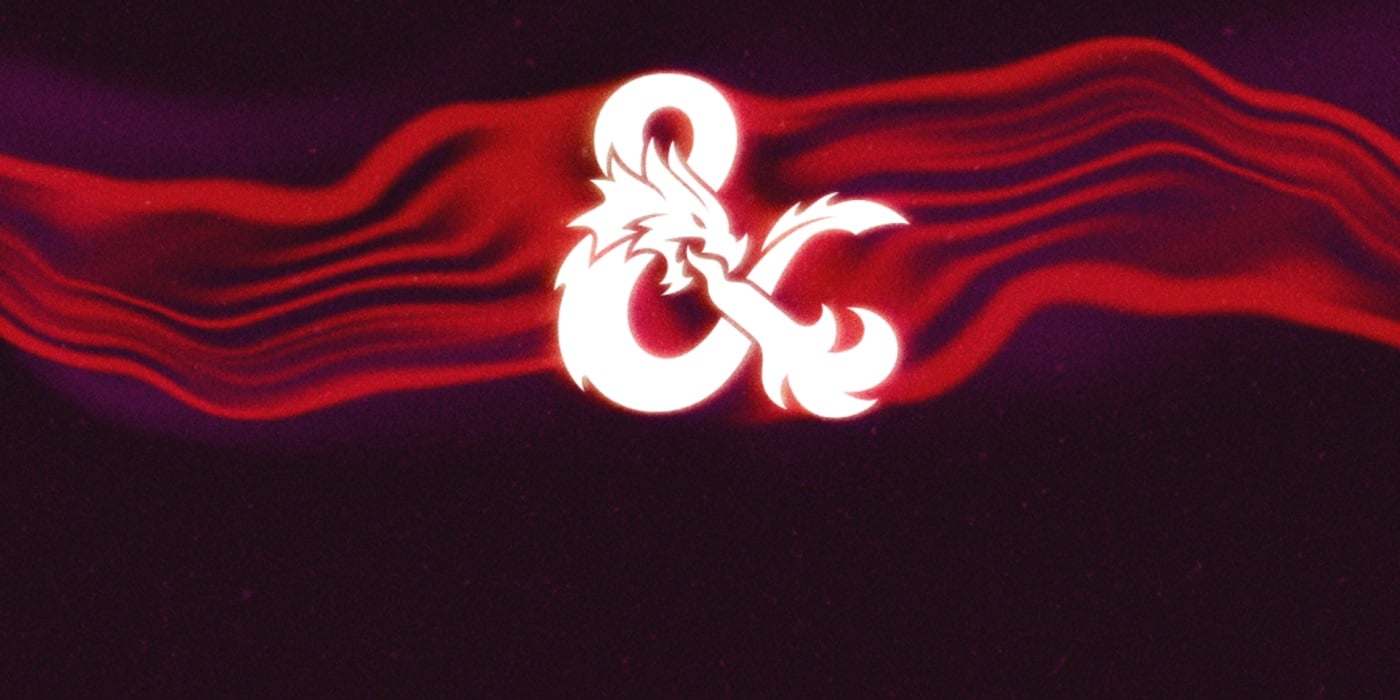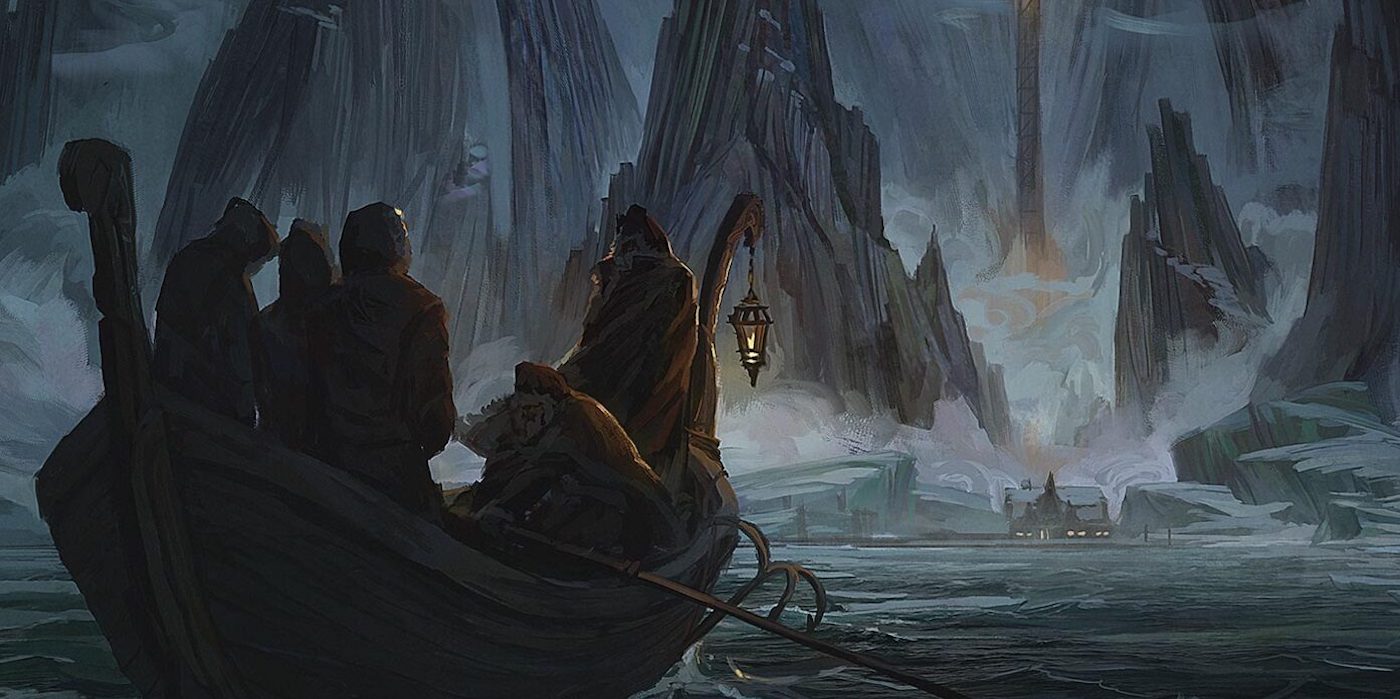D&D Executive Producer Kyle Brink Speaks About OGL, One D&D, & More


D&D Executive Producer Kyle Brink kicks off the WotC apology tour with an interview on the Three Black Halflings podcast.
It has been a hard year for Wizards of the Coast, and we’re only to February. In the wake of the massive community uproar around the OGL 1.1 drama, which you can read all about right here, on this website, Wizards of the Coast not only reversed course on many of their plans. But they also released the 5.1 SRD into Creative Commons.
Now, as part of the apology process, Executive Producer Kyle Brink has communicated with several influencers, podcasters, video creators, and so on. In an interview with the Three Black Halflings podcast, Brink spoke about the OGL 1.1, WotC’s hesitation, virtual ambitions, and One D&D.
D&D Executive Producer Kyle Brink Speaks to the Three Black Halflings Podcast
“Liv and Jeremy had the chance to sit down with Kyle Brink, Wizards of the Coast’s Executive Producer, to give us a little more insight into what exactly went on with the OGL, the sudden change of heart concerning it and why exactly we didn’t get much of a real response until it was too late. “
The whole interview is worth listening to. But if you don’t have an hour and a change to spare right now, we go through some of the highlights below. Of course, as always with these things, it’s important to keep a critical eye on what’s being said, what isn’t being said, and why.
On to the highlights.
OGL 1.1 and Beyond
When asked why the company felt the OGL had to be changed, Brink echoed the talking points of WotC’s posts going back to December 2022, citing concern about megacorporations like Meta or Disney as they took D&D digital. Would the OGL allow those big companies to throw their weight around?
But, as many in the community pointed out if that was truly the only case, why not set the royalty limit higher? A huge part of the recent community uproar has been the impact these changes had on smaller creators. Even someone breaking more than $750k might end up losing money on crowdfunding, as others have pointed out.
Regardless, Brink admits that WotC had gone about it all the wrong way. And expressed that WotC was grateful for the community helping them to see that. The players’ responses to the feedback were clear. But interestingly, Brink claims that D&D Beyond subscription cancellations had nothing to do with WotC’s decision to reverse course.
It’s up to you whether you believe that seeing a billion-dollar company actively losing monthly income was merely a coincidence with a change that was already planning to happen, or if, in fact, that material loss is indeed the biggest lever that helped convince the billion-dollar company to pump the brakes on its awful plan.
At any rate, it seems like a lot of behind-the-scenes politics have been at play, as Brink didn’t know what was happening in the private meetings with “sweetheart deals” for those who might have accepted the OGL 1.1 early.
Virtual Tabletop Policies
Brink again admitted that the way WotC went about it was the wrong way to do it. And states that part of his team’s goal is to make more ways to play, including a cool-looking 3D space. Brink explained that digital gaming was not intended to replace the books, but rather to add to the ways people enjoy the game.
Why that would lead to a policy that might restrict developers from providing animations for magic missile spells, for instance, is anyone’s guess. If WotC really wanted to give players a choice, why not make every choice an interesting one, instead of trying to draw arbitrary lines around what is and isn’t a video game?
One D&D
As far as One D&D goes, though, Brink had more definitive statements than non-answers. The One D&D project is rolling out, and as it does, the SRD will be updated to remain compatible with it. To wit: anything built with the current SRD will be “100% compatible” with the new rules.
Brink also said that he didn’t think there was a plan to create a new OGL just for One D&D. And that when/if WotC was to release One D&D content into the public space, Creative Commons would probably be the way to go.
Also, Brink compared the new ruleset to 3->3.5 instead of 3.5-> 4E.
What do you think of Brink’s interview?








